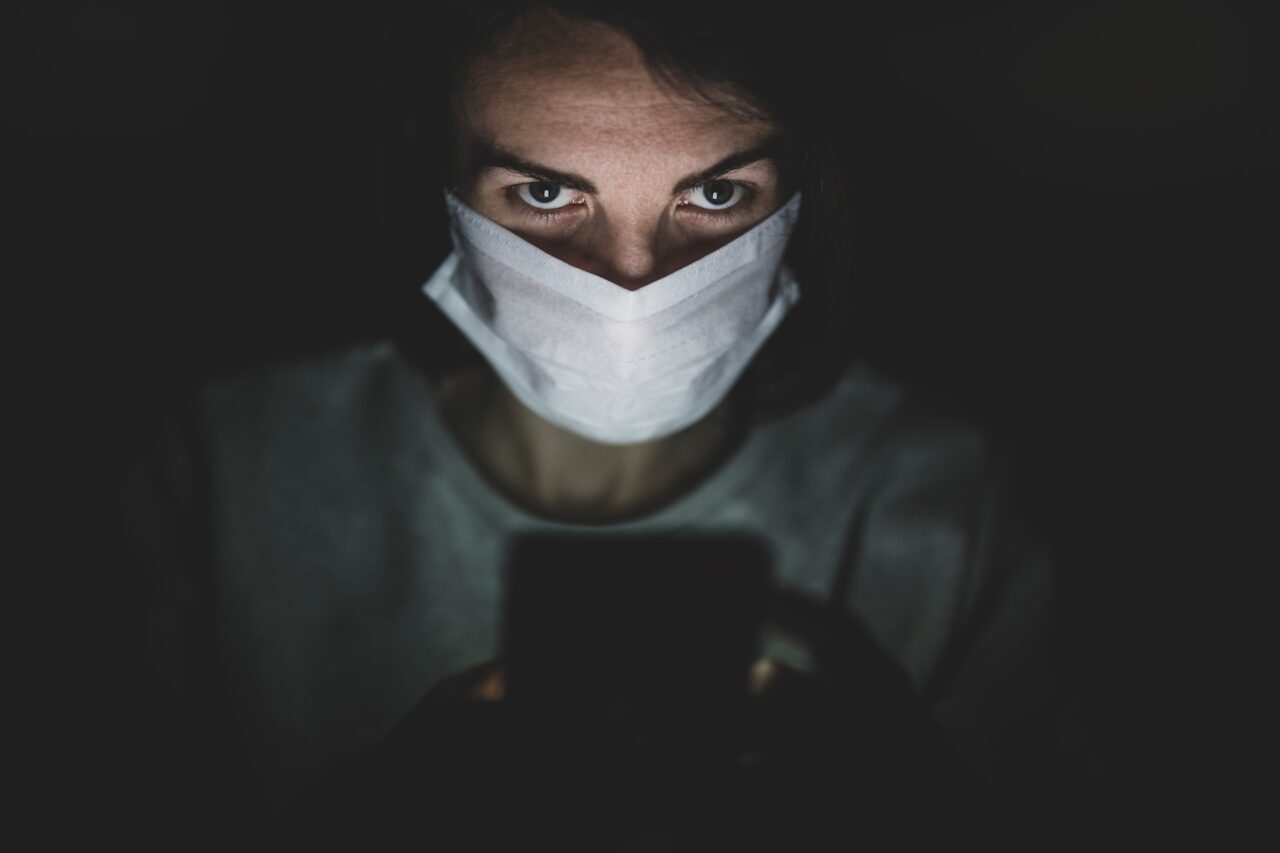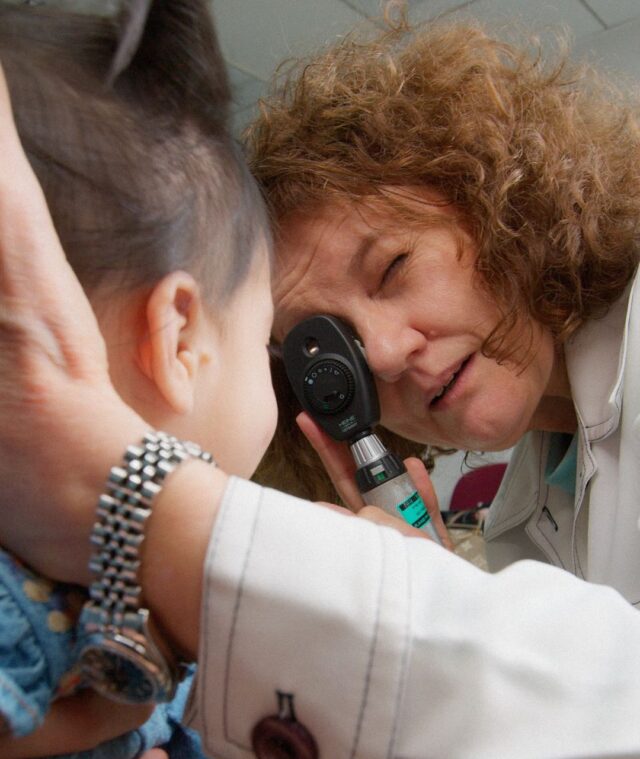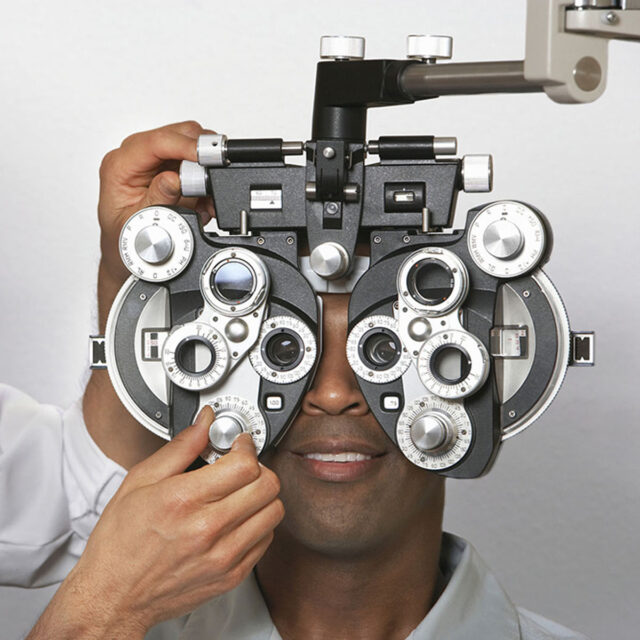Photo by engin akyurt on Unsplash
The world has recently seen the arrival of a new disease, COVID-19, caused by the novel coronavirus SARS-CoV-2. A global pandemic has followed and catastrophic consequences have been felt across the globe.
Due to the infancy of the disease, the world’s scientists are still very much coming to grips with its effects on the human body, both short-term and long-term. This includes the effects of COVID-19 on the eyes and long-term eye health. We still await the answers to many questions.
However, for us eye specialists in Dubai, our patients naturally have many questions relating to how COVID-19 may affect their eyes, as well as how they should look after their eyes during this difficult period. These are the facts we are able to give them. They include some very sensible precautions everybody should be taking.
1. You should continue to prioritize your eye health as before
Your eye health is very important. Eye problems can be dangerous and debilitating. Eye accidents can also have very serious consequences. Looking after your eyes is always crucial, and the present time is no different.
Ophthalmologists are currently offering both routine eye exams and emergency care. Although you may feel nervous about attending an appointment, you should make every effort to go. Eye clinics have very strict protocols to uphold and will be following very thorough hygiene routines. This will make your experience at the eye clinic as safe as possible.
Expect to see precautions such as: mandatory face coverings for all staff and patients; restrictions on the number of people in the clinic, especially in waiting areas; temperature checks on entry, and additional shielding measures between doctor and patient.
It’s important that you do not wait for the current situation to resolve before seeing an ophthalmologist. This is because if you do have eye health issues, diagnosed or not, then these conditions may progress further while you wait. You may find that you have greater long-term damage or suffer unnecessarily.
2. You should avoid touching your eyes
Many patients want to know: “Can you catch coronavirus through your eyes?” In answer, we don’t yet know how easily you can catch coronavirus through your eyes. It is certainly plausible; infectious diseases can enter the body through the mucus membranes of the eyes. However, doctors currently agree that the nose and mouth are far more likely to be the routes of infection with this particular virus.
You should definitely be taking extra precautions when it comes to eye hygiene. The World Health Organization has consistently advised that people should avoid touching their faces to help lower the risk of infection. This includes the eyes.
Coronavirus and contact lenses
If you wear contact lenses, you may be worried. We would recommend following a rigorous hand hygiene routine before you attend to any contact lens task. Wash your hands thoroughly with soap and water for at least 20 seconds and use a clean towel to dry them. You may wish to switch to glasses temporarily to avoid having to touch your eyes at all.
What about covering your eyes?
Covering the nose and mouth is now commonplace in public spaces, and is mandatory in many parts of the world. However, for now, healthcare and medical workers and other high-risk professionals are expected to wear eye protection on a regular basis, and not usually the general public.
Clear visors, especially when used in conjunction with a mask, may help lower your risk of infection. This may be something you wish to consider.
3. Coronavirus may affect your eyes
The most common symptoms of COVID-19 are well documented: fever, a persistent cough, trouble breathing, and/or a loss of the senses of smell or taste. However, what is abundantly clear is that the disease presents different combinations of symptoms for different people.
There is some evidence that conjunctivitis (pink eye) can be associated with a novel coronavirus infection. Viral conjunctivitis often accompanies other upper-respiratory infections so it is highly plausible that it would accompany this coronavirus, too.
A study of COVID-19 patients in Chinese hospitals early on in the pandemic, published in the New England Journal of Medicine, found that just under 1% of patients were experiencing conjunctival congestion. This shows that the chances of experiencing conjunctivitis alongside coronavirus infection are low.
If you know or believe you are infected with coronavirus and are managing conjunctivitis symptoms while self-isolating at home, be assured that conjunctivitis usually goes away on its own. You might find you can make yourself more comfortable if you take over-the-counter pain medications suitable for coronavirus patients. For more help with conjunctivitis treatment, you should call your eye doctor.
Your ophthalmologist
The coronavirus pandemic has brought change for us all. You may find your eye clinic appointments a little different, but know that your eye health is still very important. Your ophthalmology clinic will be as keen as ever to make sure your eyes and eyesight are well looked after.
We are for instance required to sanitise the examination room after each patient was seen, as well as have the whole clinic sanitised by fogging after all patients and Personnel are gone for the day.
We also recently had our second COVID Compliant Inspection from Dubai Health Authority and Gulf Eye Center was found to be well compliant
If you have further questions related to your eyes and the pandemic, we will gladly help you find an answer. Rather than worry about any aspect of your family’s or your own eye health, make sure to call us at Gulf Eye Center today.








